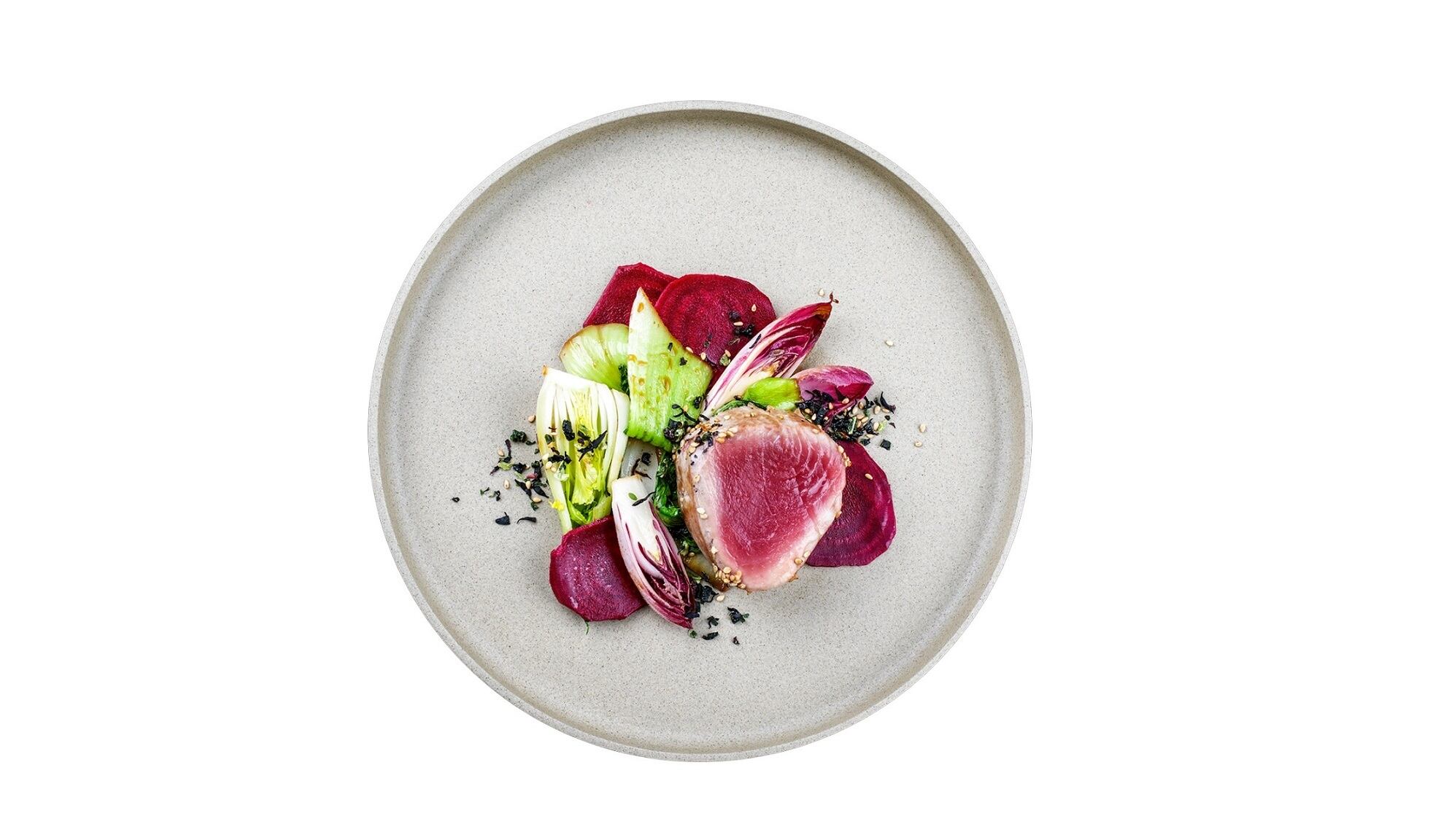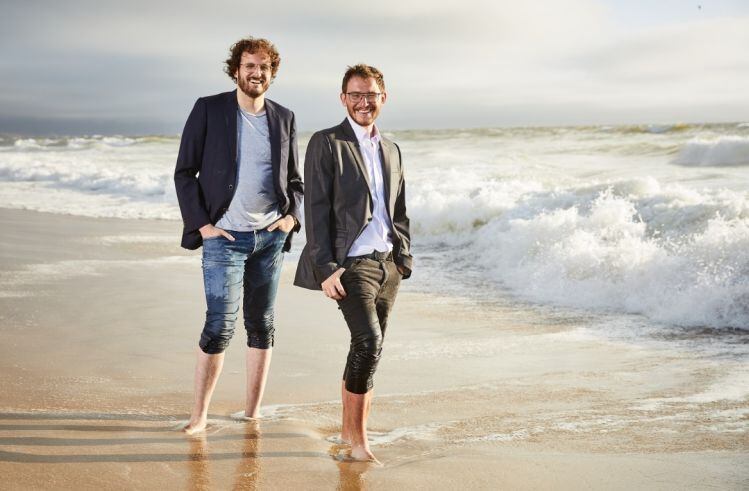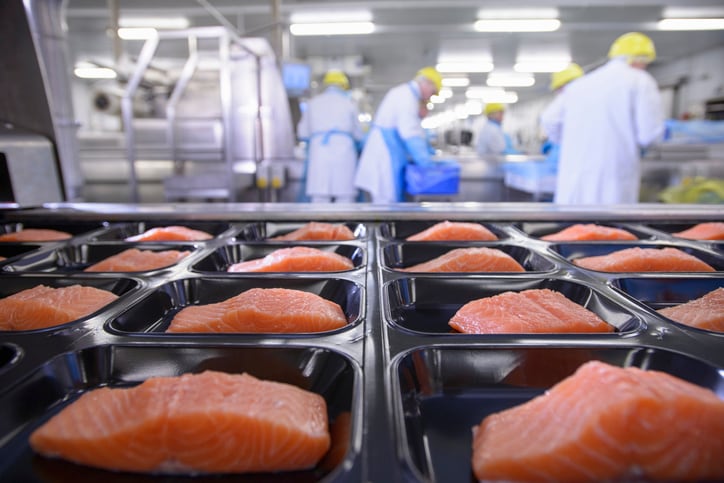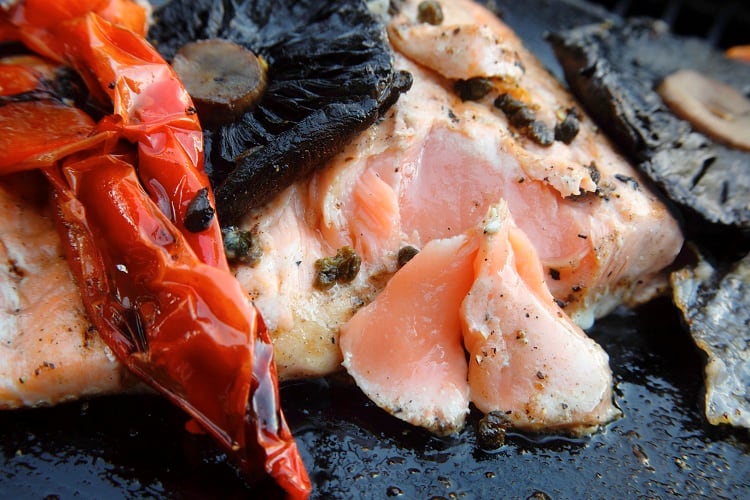Under a licensing agreement and two-year sponsored research agreement with Tufts, Wanda Fish gains exclusive rights to certain intellectual property in fish cell cultivation developed by Tufts researcher and leader in cellular agriculture, David Kaplan.
Together, the partnership will advance Wanda Fish's goal of bringing its cultivated seafood to the mass market and reduce the strain placed on the ocean and fish populations.
"More than three billion people depend on the ocean and its surroundings for their living," stresses Dr. Daphna Heffetz, CEO of Wanda Fish. "Marine biodiversity is critical to the survival of people and our planet. Overfishing, as well as water pollution, is damaging the vast and vital ocean ecosystem. Many wild fish populations are sadly in decline."
Wanda Fish was formed last year with financial and technical support from the Israeli Innovation Authority (IIA) and in conjunction with the The Kitchen FoodTech Hub. The startup has secured $3m in pre-seed funding round led by The Strauss Group's, The Kitchen FoodTech Hub and received investments from Peregrine Ventures, Pico Partners, CPT Capital, and MOREVC.
With R&D facilities in the US and Israel, Wanda Fish said it has a proprietary, GMO-free platform for producing cell-based finless fish fillets of varying species.
"We start with a single, one-time sample of a real native fish muscle and fat tissues. We then pursue the replication of the biological growth of fish, with the nutritional attributes, including protein and omega 3 content, as well as the flavor and textural properties," explained Kaplan.
"The results are clean, safe fish, free of microplastics, mercury, or other chemical toxicities that are commonly found in some of the wild catch."
"Our platform includes animal-free growing medium, know-how in producing native muscle and fat tissues and specially customized bioreactors that will give us the capacity to scale up production and eventually bring our cultured fish products to cost parity with conventionally fished counterparts," added Heffetz.
According to Heffetz, the team has made some progress in developing its first prototype of a fish fillet and the company will eventually be able to produce a variety of fish species using its technology.




